According to new research women are ‘more likely to be paid less than minimum wage’
And we should all be talking about it
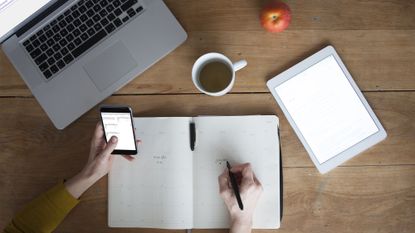

And we should all be talking about it
The past few years have seen important conversations around disparity in pay for men and women, with statistics released this year revealing that the gender pay gap has actually halved for millennials.
While steps are definitely being made in the right direction, there is still a lot to be done, with a huge amount of inequality between the genders in terms of pay.
According to new research, women are not only more likely to be underpaid, they are also less likely to complain about it.
The Low Pay Commission recently released statistics showing that two thirds of underpaid workers are women, making up the majority of workers paid minimum wage. Not only this however, according to the researchers, women are also less likely to complain about it. Well, that’s incredibly depressing.
There is hope for change however, with high profile figures speaking out about the inequality and calling for change.
The gender pay gap has been making headlines in the past few months after top earners at the BBC and Hollywood were revealed, showing that even at the top, an eye-watering gender pay gap still exists.
Marie Claire Newsletter
Celebrity news, beauty, fashion advice, and fascinating features, delivered straight to your inbox!
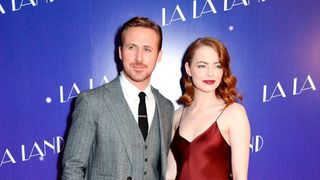
Forbes’ 2017 top earning lists showed that the 14 highest paid actors all earn more than the highest paid actress, while BBC’s top earners list showed that men make up two thirds of the highest paid talent. In fact, the top four male BBC presenters collectively earn £5.5 million a year, whilst the top four female BBC presenters collectively earn £1,749,996.
‘The BBC pay row is a vivid illustration of a phenomenon that social scientists have been going on about for years,’ explained Mark Learmonth, Professor of Organisation Studies at Durham University Business School. ‘How men are over-valued and women undervalued even when they do exactly the same thing.’
He continued: ‘We rarely examine these prejudices but men have come to be culturally associated much more strongly than women with what is “prestigious”, “deep” and “important”. These associations are regularly dismissed – especially by powerful men. But if the BBC controversy has contributed something positive, it is to show even more convincingly that these factors do operate with substantive and unfair effects.’
It’s time for change we think.

Jenny Proudfoot is an award-winning journalist, specialising in lifestyle, culture, entertainment, international development and politics. She has worked at Marie Claire UK for seven years, rising from intern to Features Editor and is now the most published Marie Claire writer of all time. She was made a 30 under 30 award-winner last year and named a rising star in journalism by the Professional Publishers Association.
-
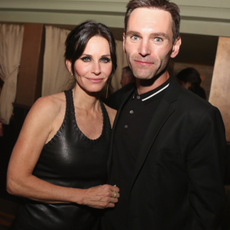 Courteney Cox opens up about fiancé Johnny McDaid dumping her 'one minute into therapy'
Courteney Cox opens up about fiancé Johnny McDaid dumping her 'one minute into therapy'They've since got back together
By Iris Goldsztajn
-
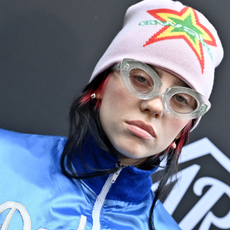 Billie Eilish has opened up about feeling 'outed' on the red carpet
Billie Eilish has opened up about feeling 'outed' on the red carpet'The whole world suddenly decided who I was, and I didn’t get to say anything or control any of it.'
By Iris Goldsztajn
-
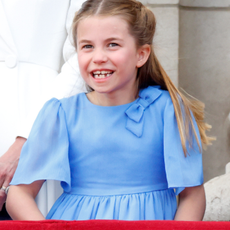 Princess Charlotte has a very impressive secret talent that makes Kate 'very happy'
Princess Charlotte has a very impressive secret talent that makes Kate 'very happy'The 8-year-old has so many talents!
By Iris Goldsztajn